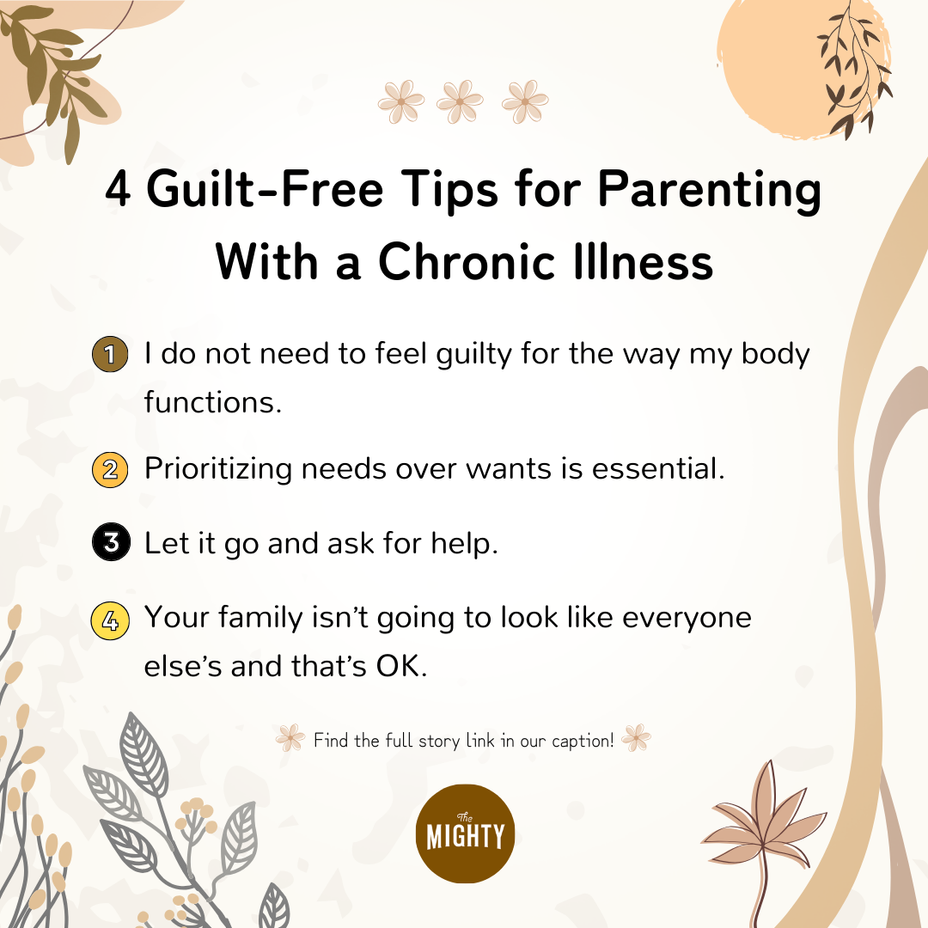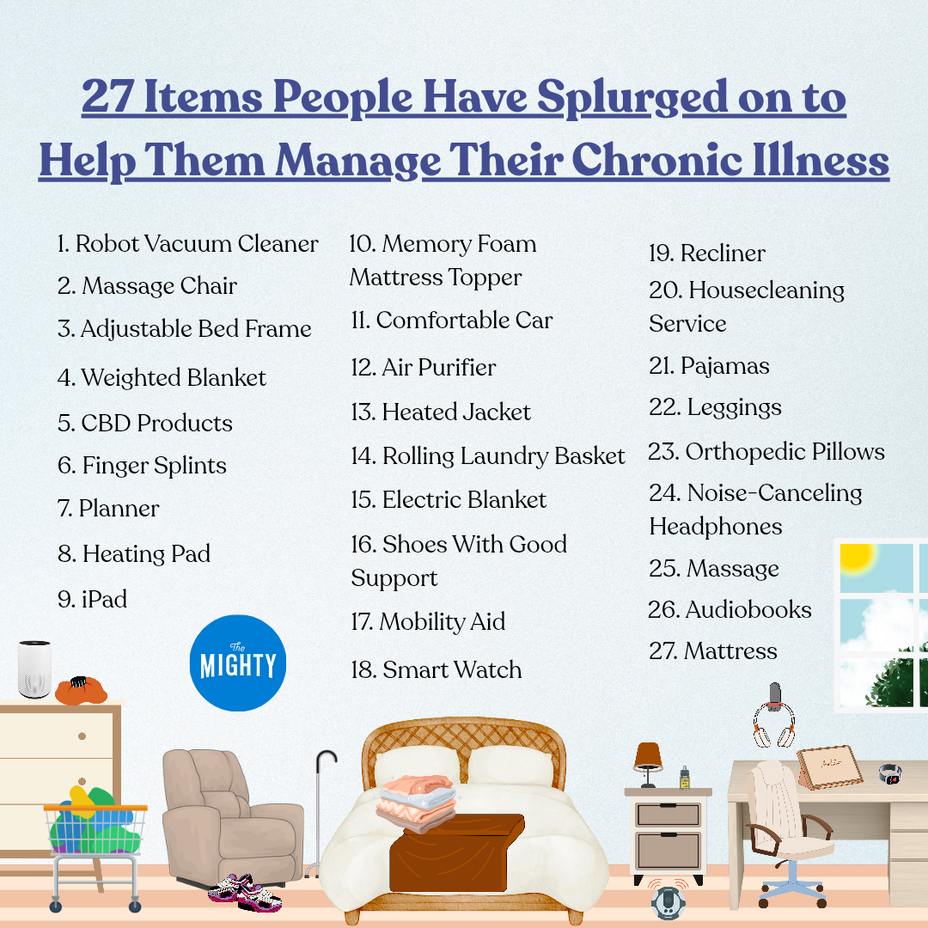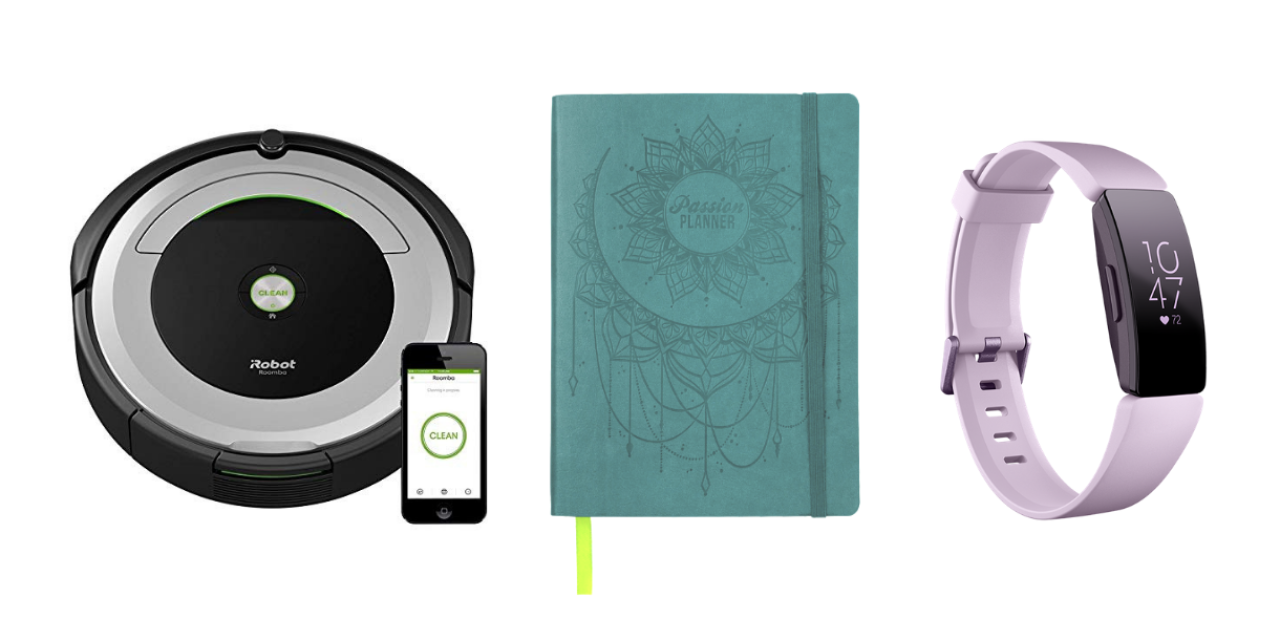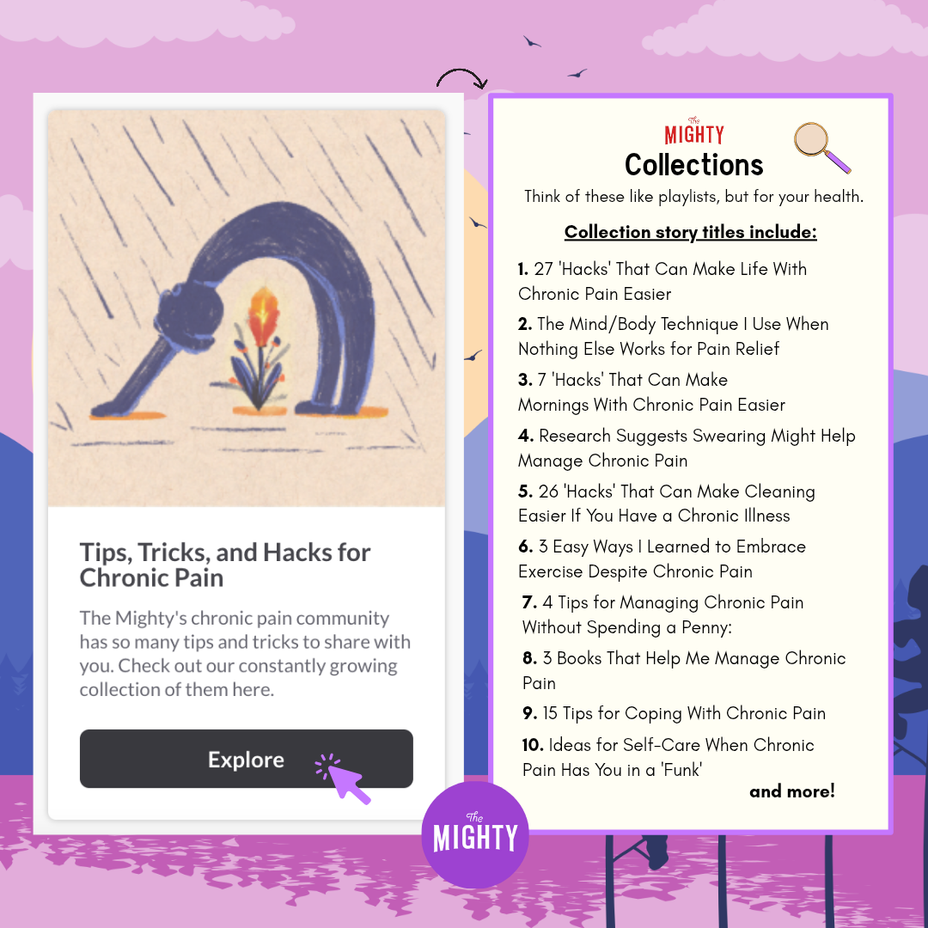Mental illness is not “all in your head.”
1. The American Psychiatric Association defines mental illness the same way it defines heart disease or diabetes: measurable changes in how your brain and body function.
2. Brain scans prove it. Large MRI and fMRI studies find consistent patterns in people with:
• Depression (altered activity in mood-regulating networks)
• PTSD (smaller hippocampus and overactive amygdala “fear circuits”)
• Anxiety disorders (hyperactive threat-detection)
• Schizophrenia (distinct structural and connectivity changes)
These show up across thousands of scans.
3. Mental illness affects the whole body. Studies link depression, anxiety, and bipolar disorder with immune changes, inflammation, hormone shifts and metabolic patterns.
4. It’s not “in your head” — it’s in your biology.
Thoughts, trauma, genetics, stress, and environment all shape real, physical brain circuits. Recovery also shows up on brain scans after therapy, medication, and support.
If you’re struggling, you’re not weak, broken, or imagining it. You’re dealing with a legitimate health condition, and help is available.
#BPD #BorderlinePersonalityDisorder #MentalHealth #PTSD #Anxiety #Schizophrenia






